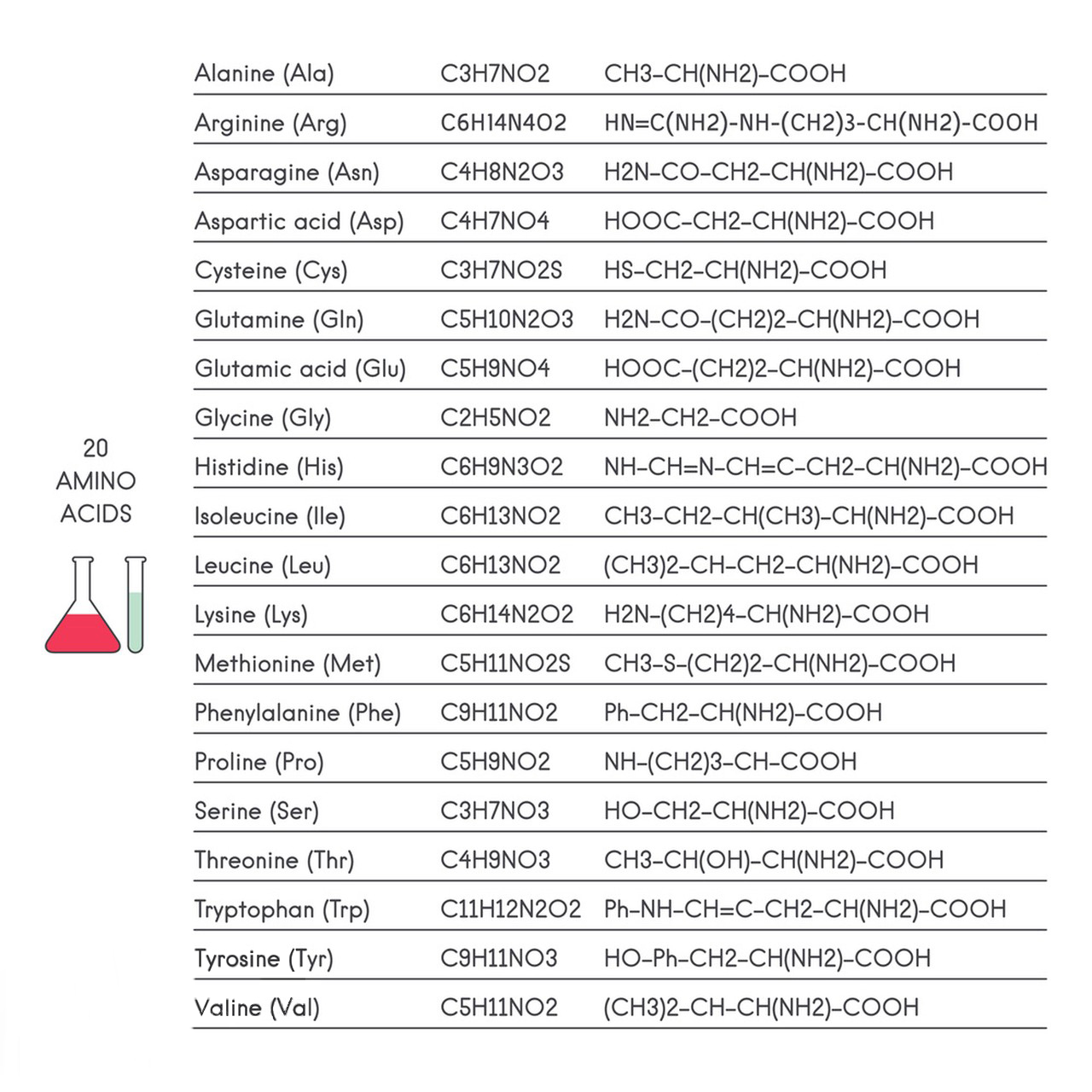Tyrosine is an amino acid that plays a crucial role in various physiological processes within the human body. Here is a comprehensive overview of tyrosine, covering its structure, functions, dietary sources, health benefits, potential side effects, and related research:
1.Structure and Classification:
Chemical Structure: Tyrosine is a non-essential amino acid with a phenolic side chain. Its chemical structure includes an aromatic ring and a hydroxyl group.
Classification: Tyrosine is categorized as a conditionally essential amino acid because the body can synthesize it from another amino acid called phenylalanine. However, under certain conditions, tyrosine may need to be obtained through the diet.
2.Biological Functions:
Precursor to Neurotransmitters: Tyrosine serves as a precursor for the synthesis of important neurotransmitters, including dopamine, norepinephrine, and epinephrine.
Thyroid Hormones: Tyrosine is a crucial component in the synthesis of thyroid hormones, such as thyroxine (T4) and triiodothyronine (T3), which play a vital role in regulating metabolism.
Melanin Production: Tyrosine is involved in the production of melanin, the pigment responsible for skin, hair, and eye color.

3.Dietary Sources:
Protein-Rich Foods: Tyrosine can be obtained through the consumption of protein-rich foods, including meat, dairy products, eggs, nuts, seeds, and legumes.
Phenylalanine Conversion: Phenylalanine, found in protein-containing foods, can be converted into tyrosine in the body.
4.Health Benefits:
Cognitive Function: Tyrosine is believed to support cognitive function, especially in situations of stress or fatigue. It is involved in the production of neurotransmitters that play a role in alertness and mental performance.
Stress Response: Some studies suggest that tyrosine supplementation may help mitigate the impact of stress on cognitive performance.
5.Research Findings:
Cognitive Performance: Research has explored the impact of tyrosine supplementation on cognitive performance, particularly under stressful conditions. Some studies suggest potential benefits in maintaining cognitive function during stress.
Mood and Depression: There is ongoing research on the role of tyrosine in mood regulation and its potential as a supplement for individuals with depression. However, more research is needed to establish conclusive findings.
6.Safety and Side Effects:
Generally Recognized as Safe (GRAS): Tyrosine is considered safe when consumed within recommended dietary levels.
Potential Side Effects: Excessive tyrosine supplementation may lead to side effects such as nausea, headache, and gastrointestinal issues. Individuals with certain medical conditions, such as phenylketonuria (PKU), should avoid excessive tyrosine intake.

7.Dosage Recommendations:
Recommended Dietary Allowance (RDA): There is no established RDA for tyrosine. The body can usually synthesize sufficient tyrosine from phenylalanine obtained through the diet.
8.Conclusion:
Tyrosine is a vital amino acid with diverse functions in the body. While it is found in various foods and can be synthesized by the body, supplementation may be considered in specific situations. However, it is important to consult with a healthcare professional before taking tyrosine supplements, especially for individuals with pre-existing medical conditions.
Please note that research in the field of nutrition and biochemistry is ongoing, and new findings may emerge over time. Always consult with a healthcare provider or nutritionist for personalized advice based on your individual health needs.
